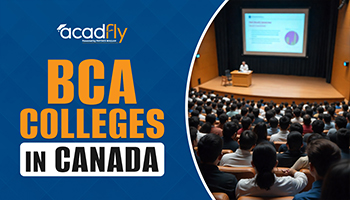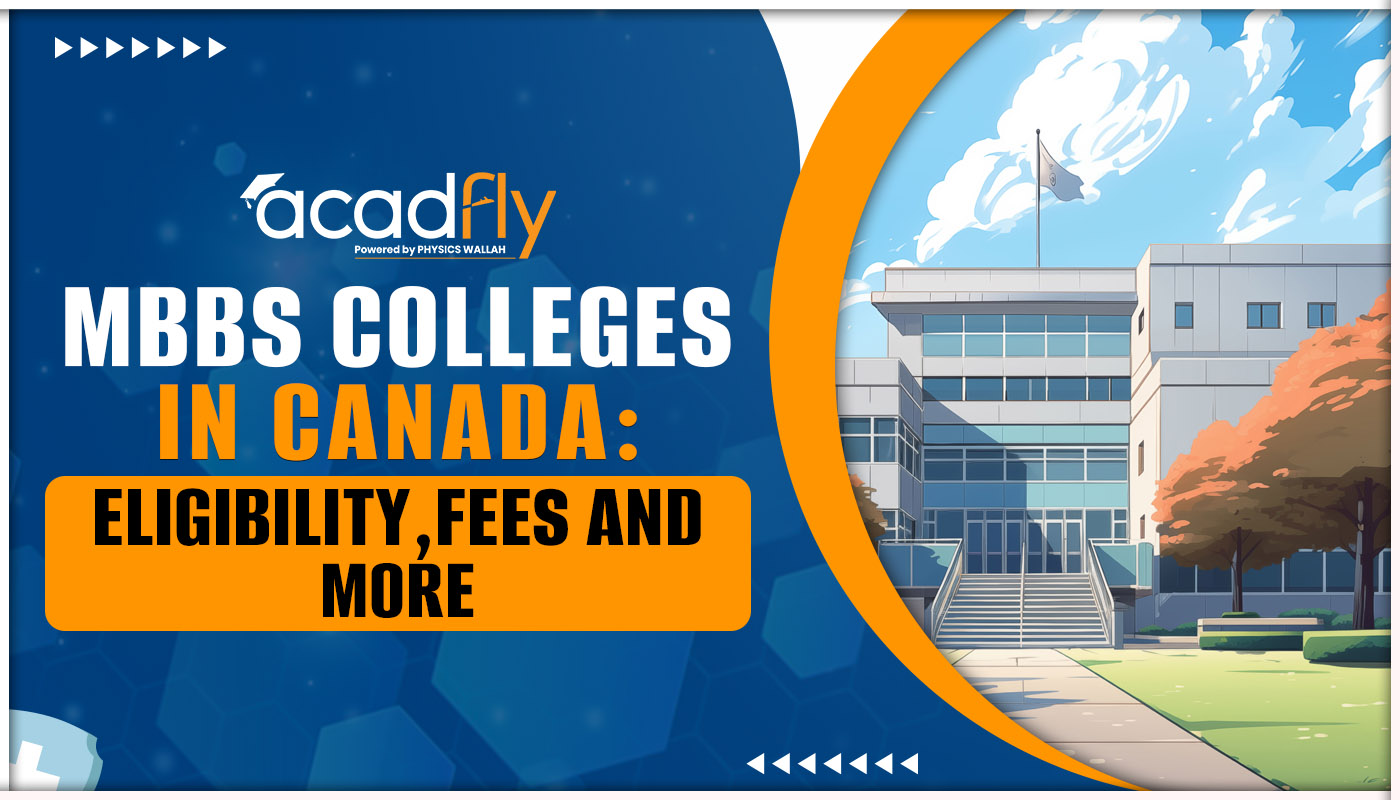

The Finnish education philosophy stands out globally for its innovative and student-centered approach. Unlike traditional systems, Finnish education focuses on fostering a positive learning environment, emphasizing equality, and supporting individual student needs. This unique philosophy is characterized by flexible teaching methods, a strong emphasis on well-being, and a commitment to educational equity, making Finland's approach to education both distinctive and effective.
Comprehensive Finland Education Explained
Finland's education system is known for its unique and effective approach. It focuses on providing high-quality education to all students, regardless of their background. This means every child has access to the same level of education and resources, which helps to reduce educational inequality. Schools in Finland are designed to be welcoming and supportive environments, ensuring that all students have the opportunity to succeed.
Teachers in Finland play a crucial role in this system. They are highly trained and given a lot of autonomy in their classrooms. This means they can tailor their teaching methods to meet the needs of their students. Teachers are trusted to use their professional judgment to create engaging lessons and support their student’s learning in the best way possible.
Another key aspect of Finnish education is its emphasis on student well-being. Schools offer various support services to help students manage their mental and emotional health. This includes counseling, health services, and a strong focus on creating a positive school atmosphere. By prioritizing well-being, Finland ensures that students are not only learning but also thriving in their school environment.
Finally, the Finnish education system values lifelong learning and critical thinking. Instead of focusing solely on memorizing facts, students are encouraged to think critically and solve problems. This approach prepares them for the future, helping them to develop skills that will be useful throughout their lives. Overall, Finland's education system is designed to be inclusive, supportive, and forward-thinking, setting a high standard for educational success.
Finland’s Education System Features and Core Principles
To help you understand the core features and principles of Finland's education system, here’s a concise summary in tabular form. This table highlights the main aspects of Finland’s approach to education and their impact on students and the learning environment.
|
Feature |
Description |
Impact |
|
Equality and Inclusivity |
Equal access to education for all students. |
Ensures fairness and reduces inequality. |
|
Qualified Teachers |
Highly trained teachers with autonomy in teaching. |
Enhances teaching quality and personalization. |
|
Student Well-being Focus |
Emphasis on mental health and supportive environments. |
Improves overall student well-being. |
|
Flexible Curriculum |
Curriculum adaptable to diverse needs and interests. |
Accommodates various learning styles. |
|
Critical Thinking Emphasis |
Focus on developing problem-solving skills over rote memorization. |
Prepares students for real-world challenges. |
|
Reduced Standardized Testing |
Emphasis on continuous assessment rather than frequent tests. |
Reduces anxiety and provides holistic evaluations. |
|
Supportive Environment |
Nurturing a school environment that encourages growth. |
Creates a positive learning atmosphere. |
|
Lifelong Learning |
Promotes skills and knowledge for continuous personal and professional development. |
Fosters a love for learning and growth. |
Unique Aspects of Finland Schools and Their Approach
When considering business programs in Finland, several unique aspects of Finnish schools and their educational approach stand out. Finnish universities and business schools are known for their innovative methods, global outlook, and supportive learning environments. Here are some key features that make studying business in Finland a distinctive experience:
Emphasis on Practical Experience
Finnish business programs often incorporate real-world projects, internships, and company collaborations into their curriculum. This hands-on approach ensures that students gain practical experience and develop skills directly applicable to the business world.
Focus on Innovation and Entrepreneurship
Finnish schools place a strong emphasis on fostering innovation and entrepreneurship. Many programs offer courses on start-up management, innovation strategies, and business development, preparing students to become future leaders and entrepreneurs.
High-Quality Education with a Global Perspective
Education in Finland is known for its high quality and global perspective. Finnish business programs are designed to equip students with an international outlook, making them competitive in the global job market.
Supportive Learning Environment
Finnish institutions are recognized for their supportive and student-centered approach. Small class sizes, personalized attention, and accessible faculty contribute to a conducive learning environment where students can thrive.
Integration of Technology in Learning
Technology integration is a hallmark of Finnish education. Business programs often utilize advanced digital tools and platforms to enhance learning experiences, such as virtual simulations, online collaboration, and data analytics.
Key Finland Educational Principles That Stand Out
Finland's education system is celebrated worldwide for its distinctive principles that contribute to its success. These principles shape the way students learn and are key factors in the effectiveness of business programs in Finland. Here are some fundamental educational principles that define the Finnish approach:
Student-Centered Learning
Finnish education prioritizes the needs and interests of students. Programs are designed to be flexible, allowing students to tailor their learning experiences to their personal goals and career aspirations.
Emphasis on Equality and Inclusivity
Equality and inclusivity are core values in Finnish education. All students have equal access to high-quality education, regardless of their background or socioeconomic status, creating a diverse and supportive academic environment.
Focus on Holistic Development
Finnish schools aim to foster not only academic knowledge but also personal growth and well-being. This holistic approach includes attention to students' social skills, emotional intelligence, and overall development.
Encouragement of Independent Thinking
Students are encouraged to think independently and critically. Finnish education promotes problem-solving, creativity, and self-directed learning, helping students develop the skills needed for effective decision-making and innovation.
Integration of Theory and Practice
Finnish business programs integrate theoretical knowledge with practical application. This principle ensures that students can apply what they learn in real-world contexts, bridging the gap between academic concepts and practical business skills.
Innovative Finnish Teaching Methods in Practice
Finnish education employs a variety of innovative teaching methods to create an engaging and effective learning environment. These methods are designed to enhance student learning and application of knowledge. Below is a table outlining eight key teaching methods used in Finnish schools:
|
Teaching Method |
Description |
Benefits |
|
Project-Based Learning |
Students work on real-world projects that require problem-solving and collaboration. |
Encourages hands-on experience and teamwork skills. |
|
Inquiry-Based Learning |
Focuses on students exploring questions and problems, leading to self-directed research and discovery. |
Promotes critical thinking and independent learning. |
|
Flipped Classroom |
Students review lecture materials at home and use class time for discussions and practical applications. |
Maximizes in-class interaction and practical application. |
|
Collaborative Learning |
Emphasizes group work and peer-to-peer learning, where students learn from and support each other. |
Enhances communication skills and teamwork. |
|
Experiential Learning |
Students engage in activities and simulations that mimic real-life scenarios to gain practical insights. |
Provides practical experience and real-world application. |
|
Gamification |
Incorporates game elements and mechanics into learning activities to increase engagement and motivation. |
Makes learning more engaging and fun. |
|
Personalized Learning |
Tailors educational experiences to meet individual student needs and interests. |
Addresses diverse learning styles and paces. |
|
Interdisciplinary Learning |
Integrates multiple subjects or fields of study into a single learning experience to show real-world connections. |
Encourages holistic understanding and application of knowledge. |
Frequently Asked Questions
1. What is the core principle of Finnish education philosophy?
2. How does Finnish education approach equality?
3. What is the role of project-based learning in Finnish schools?
4. How does the flipped classroom method work in Finland?
5. What is the benefit of inquiry-based learning in Finnish education?









